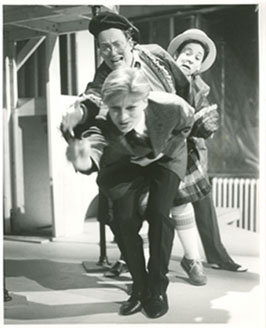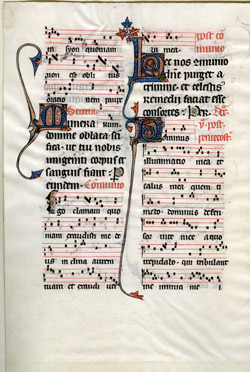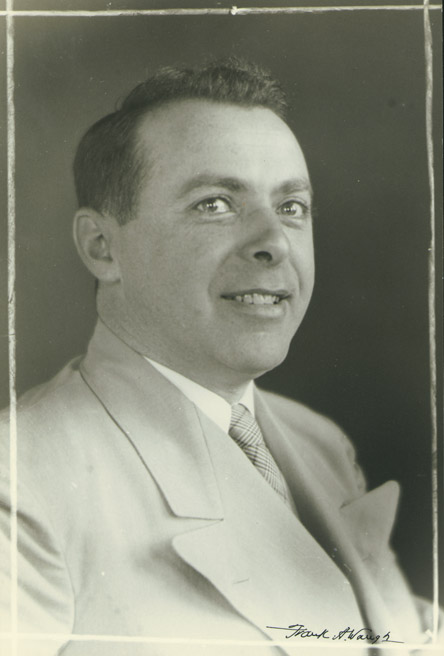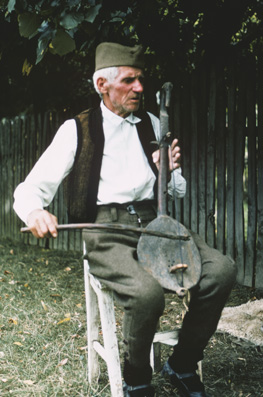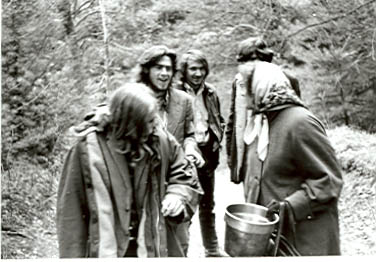Children's Aid and Family Service Records
Children’s Aid and Family Service was an agency providing traditional child and family service and extensive mental health services. Working closely with the Massachusetts Society for the Prevention of Cruelty to Children, CAFS was a member of the Child Welfare League of America and the Northampton representative for the National Association of Travelers Aid Societies.
This collection includes ten versions of the CAFS constitution, typed personal recollections from the 25th anniversary, annual reports, minutes, and the correspondence of president Miriam Chrisman (1952-1957). Of special note, Mrs. Calvin Coolidge was the chair of the Home Finding Committee of the Massachusetts Society for the Prevention of Cruelty to Children, which helped to found the CAFS.

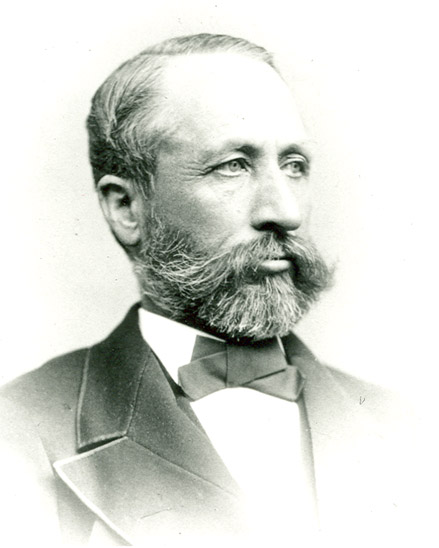
 View the online
View the online 